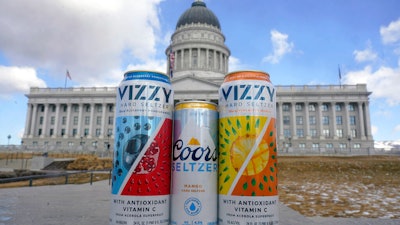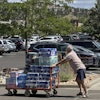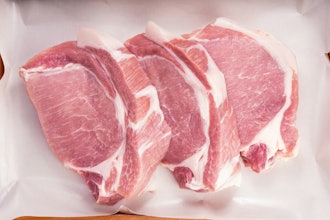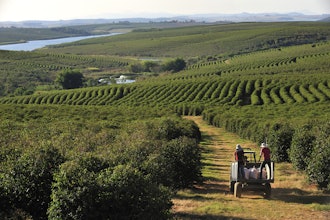
SALT LAKE CITY (AP) — The latest update to Utah’s famously restrictive liquor laws could remove nearly half of increasingly popular hard seltzers from grocery store shelves in the state where most lawmakers are members of the teetotaling Church of Jesus Christ of Latter-day Saints.
At issue are flavorings that contain trace amounts of ethyl alcohol, making them technically verboten to sell in places like grocery and convenience stores.
A proposal that advanced at the state Legislature Wednesday would pull from grocery store shelves up to 39 of the 80 approved types of hard seltzers, including some made by well-known brands like Truly, Coors and Bud Light. Hard kombuchas, a newer entry into the market, would also have to go.
They could still be sold in the state-owned liquor stores, which are the only legal outlets for higher-alcohol drinks like wine and spirits in Utah. But limited shelf space means that some could disappear from the state altogether.
“The customer will probably be really confused,” said Kate Bradshaw, president of the Utah Beer Wholesalers Association. Some brands will be allowed to sell certain flavors in grocery stores but not others, adding to the uncertainty. The flavorings in question are commonly used in other foods like teriyaki sauce or mustard, she said.
Hard seltzers, essentially alcohol-infused, flavored mineral water, has seen massive growth in the U.S. recently as customers look for lower-calorie, lower-sugar booze. Many also have a somewhat lower alcohol, which initially dovetailed with Utah laws that limit the alcohol content to 5% for drinks sold outside of its state-owned liquor stores. None of the flavorings put the products in question above that limit.
But as new leadership of the Department of Alcoholic Beverage Control took over with then newly elected Gov. Spencer Cox, they discovered that many hard seltzers didn’t meet Utah’s strict legal definition of beer, Bradshaw said. The subsequent review also unearthed the flavoring issue. While some kinks have been worked out to keep many hard seltzers on grocery-store shelves, others would have to go under the current legislation.
“This is a case of the Utah way,” Bradshaw said. “Our definitions are not what 49 other states recognize, or what is federally recognized.”
The lawmaker sponsoring the legislation, Republican Sen. Jerry Stevenson, framed it as a compromise bill that tackles many aspects of liquor law, including changing the name of the state agency to the friendlier-sounding Department of Alcoholic Beverage Services.
“We don’t want to be a state that goes back to Prohibition, and we don’t want to be a state that interjects alcohol into 12-year-olds intravenously. We want to be the state in the middle,” he said during a legislative hearing. He also pointed out that no locally made products are leaving the shelves, and indicated talks would continue to find a solution for the yanked products.
While many US states have quirky alcohol regulations, Utah tends to set especially strict laws, like the lowest DUI threshold in the nation. Most lawmakers are members of the state’s predominant religious faith, The Church of Jesus Christ of Latter-day Saints, which is widely known as Mormon and teaches abstinence from alcohol. The faith declined to comment on the latest legislation.
Nearly two-thirds of the state’s approximately 3.2 million residents are also members. But the overall demographics are shifting amid fast population growth, and liquor sales are setting records nearly every year.
Hard seltzers, meanwhile, are increasingly popular around the country, with thousands of new brands and flavors from traditional breweries and startups alike. They gathered momentum with the launch of Truly and White Claw in 2016, and over the past seven years have a compounded annual growth rate of over 300%, said Brandy Rand, chief operating officer of the Americas at IWSR Drinks Market Analysis. Hard kombucha, meanwhile, dates back to about 2015 and also appeals to health-and-wellness minded drinkers.
“Hard seltzers fundamentally met an unmet consumer need,” Rand wrote in an email. They are “now bigger in pure volume than the entire spirits category in the US and close to surpassing total wine.”






















